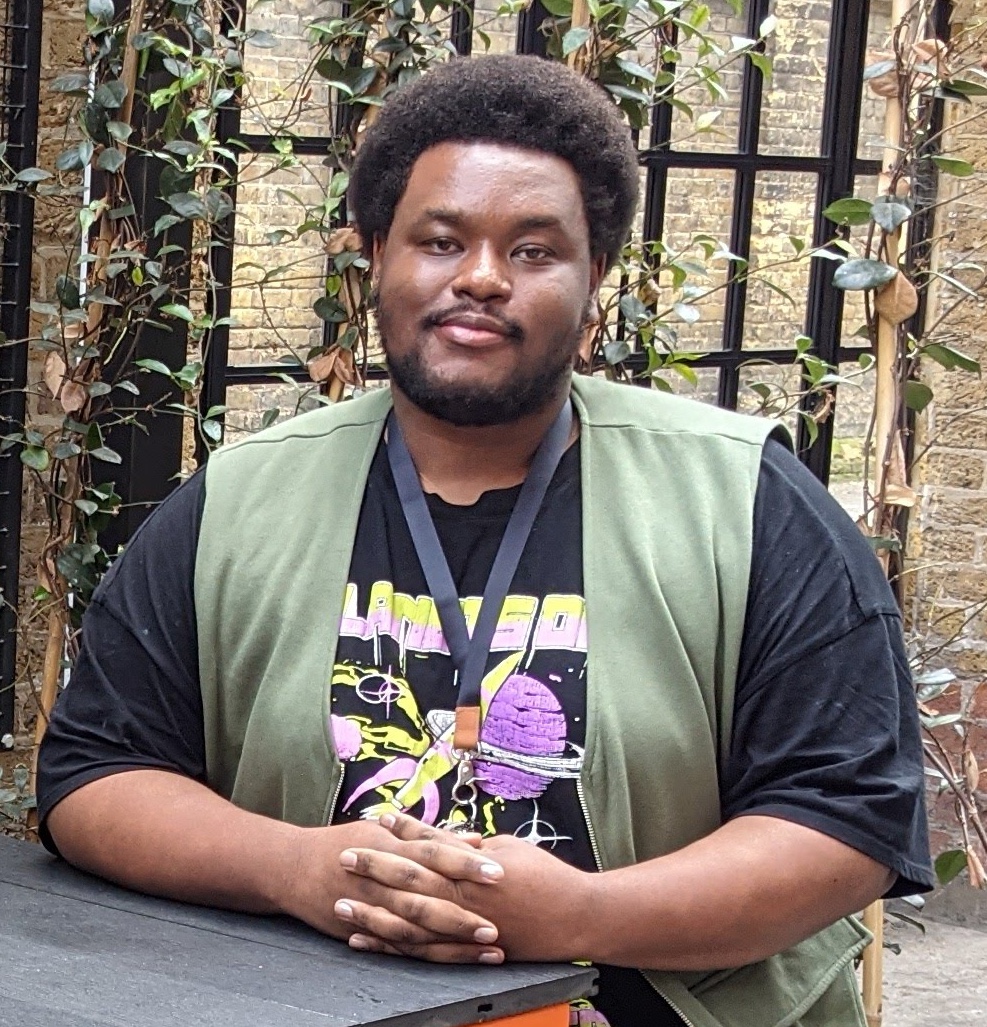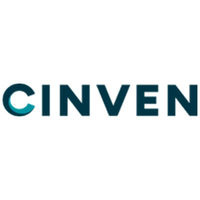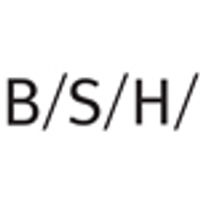
Writing a Placement & Work Experience Cover Letter
When you apply for a placement, you’ll need to send a cover letter along with your CV. A placement cover letter supports your application by explaining who you are and why you’re interested in the role.
The aim of your cover letter is to persuade an employer to read your CV, and eventually invite you for an interview.
Want to write the perfect one? Read on for the how…

What goes into a cover letter?
Although you should ALWAYS tailor your cover letter for each job you apply for, there are a couple of things that all cover letters should include.
On top of the usual letter niceties, these are:
Your name and contact details
The role you’re applying for
Why you’re interested in the role
Your skills and previous experience
What you’ll bring to the company
Your career goals
How to write a cover letter for a placement
Step 1: Dear Who?
The first three words of your placement cover letter are crucial.
Recruiters and employers get annoyed when they read a placement cover letter addressed to ‘Dear Sir/Madam’.
And they really lose their minds when they see ‘To whom it may concern’. It’s best to address your letter to the reader directly.
Dear [Full Name], – this is ideal as it’s gender neutral
Dear Mr [Surname],
Dear Ms [Surname], – never presume marital status. Avoid Miss / Mrs, keep to Ms.
Don’t know who to address your cover letter to? There are a few things you can do:
Browse LinkedIn – lots of companies have a profile that lists their employees
Contact the employer – ask for the name of the person who is tasked with reading placement cover letters. You can do this by phone or email
Address your cover letter to the department manager
If you can’t locate the person who handles recruitment, address your cover letter to someone who works in HR
Step 2: Swift Intro
Next, you need to disclose what placement you’re applying for.
A company might be hiring placement students in several different departments. Be specific to make sure you’re being considered for the right role.
Write something like this:
‘I am writing regarding the vacancy for the marketing placement with IBM, as advertised on Higherin. Please find my attached CV.’
Let the recruiter know where you found the vacancy for the placement. Employers are always keen to know what channels students use to find jobs. It makes a good impression.
Step 3: Why are you interested?
Now you’ve introduced yourself, it’s time to explain why you’re interested in the chosen placement or work experience scheme.
It’s important to do some research about the company you’re applying to and the content of the programme. Use it to give convincing reasons for your interest in the placement or work experience.
Step 4: What can YOU bring?
In this section, you want to explain what you’ll bring to the company as a placement student. There’s no need to mention everything.
Be specific and keep it relevant to the role. What unique skills will you bring to the organisation?
It’s also a chance to talk a little bit about your hobbies and interests – keeping them relevant to the role you’ve applied to.
‘I am halfway through a Marketing degree, and on course to achieve a 2:1. So far, I have focussed on digital marketing modules, which have imparted strong analytical and problem-solving skills. I am also now proficient in basic coding. My three years at Mecca Bingo have provided experience with customer service practices and other useful soft skills.’
Step 5: Final flourish
You will end your placement cover letter in this section. Thank the recruiter for considering your application, and register your interest in attending an interview.
‘Thank you for considering my application, I’m looking forward to the prospect of discussing the placement in greater detail in an interview.’
Step 6: Farewell
If you found the name of the recruiter/employer, end your placement cover letter with ‘Yours Sincerely’.
If you weren’t able to and wrote ‘to whom it may concern’, put ‘Yours Faithfully’.
Placement cover letter example
You should be aiming for around 250 words. This is the structure you should follow:
Dear Mr Doe,
I am writing regarding the vacancy for the marketing placement with IBM, as advertised on Higherin. Please find my attached CV.
I am particularly interested in this placement at IBM because of the focus on different areas of digital marketing. IBM is at the forefront of the digital marketing industry, and I am fascinated by the cloud-based software IBM provides for companies on email, web and social media.
I have been reading about IBM’s most recent project, which aimed to improve customer experience across the buyer journey. It links closely to a project I completed in the first year of my Marketing degree, which centred around optimising the user experience for online retail.
I am halfway through a BA Marketing degree, and on course to achieve a 2:1. So far, I have focussed on digital marketing modules, which have imparted strong analytical and problem-solving skills. I am also now proficient in basic coding. My three years at Mecca Bingo have provided experience with customer service practices and other useful soft skills.
Thank you for considering my application, I’m looking forward to the prospect of discussing the placement in greater detail in an interview.
Yours Sincerely,
Lucy Thomas
Things to remember
Now you have the tools needed to craft your work experience cover letter, there are a few things to keep in mind…
If you’re applying for a placement online, you’ll need to write your cover letter in a text box. Write it in Microsoft Word or Google Docs first, then copy and paste it into the text box. That way you can check your grammar and spelling beforehand.
If you’re sending your cover letter via email or attaching it to an online application, save it as a .pdf rather than a Word/Doc file. All computers can read PDFs, so there’ll be no problem when an employer opens the file.
Always save your cover letter as ‘[Your Name] Cover Letter’. It looks clean, and employers will be able to find you easier.
Now you have your Cover Letter sorted…
Remember practice makes perfect. You should always be developing your cover letters to make sure they are the best they can be.
You got this, good luck!

I'm Melchi, Senior Content Writer at Higherin and I've been writing for about 100 years now. I first joined Higherin back in 2022 after a six-month internship as a journalist elsewhere, so I know what it's like. Job hunting as a student can be a lot, so I'm here to make sure you have the best info you need when it comes to looking for work experience.




















